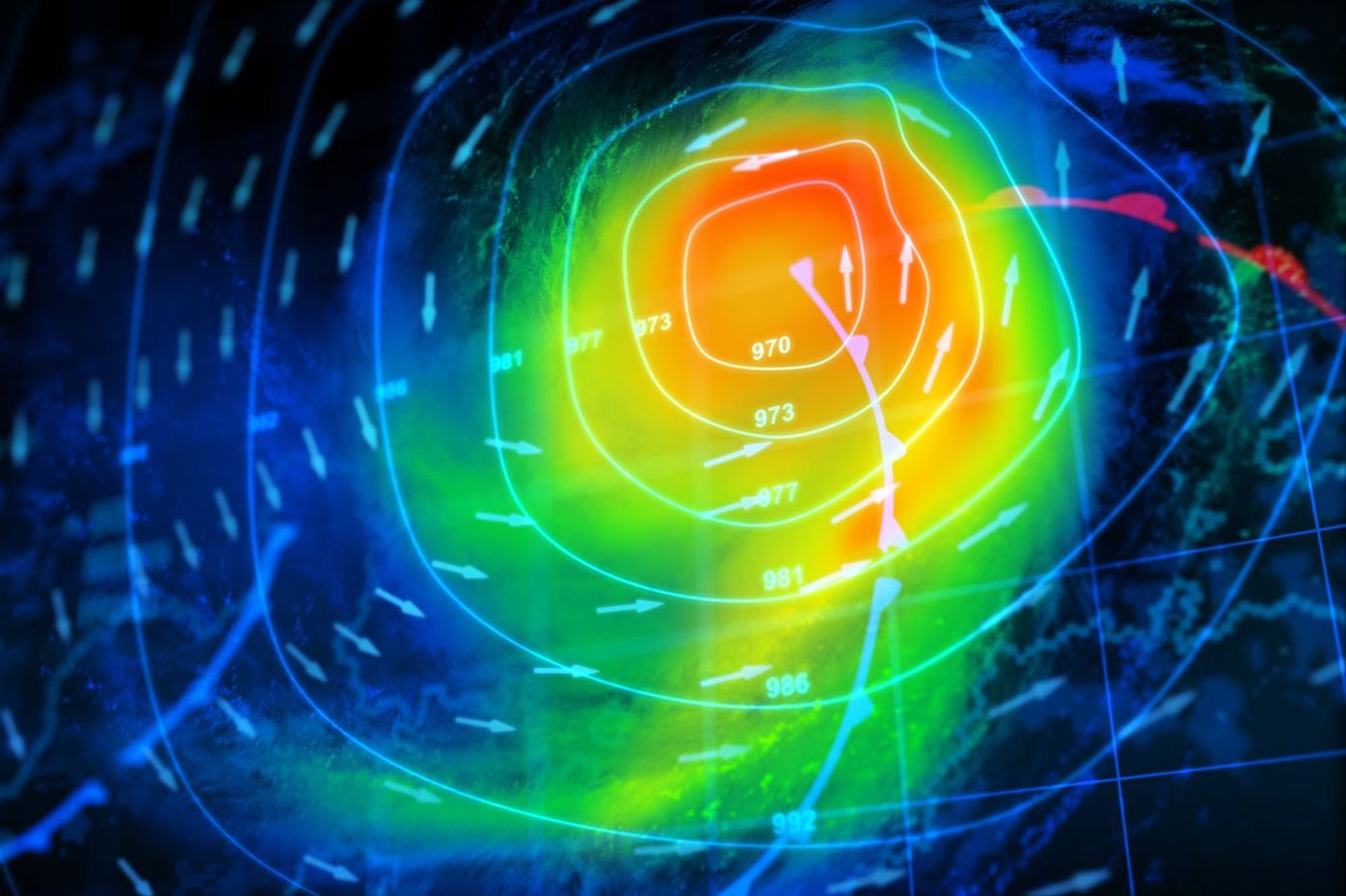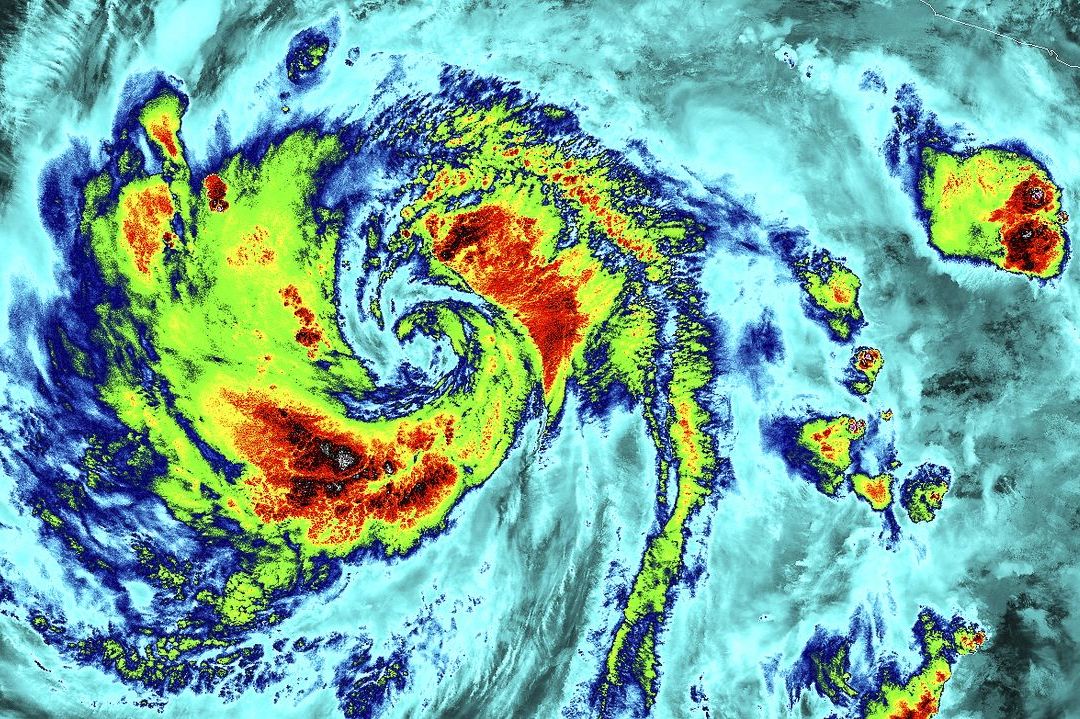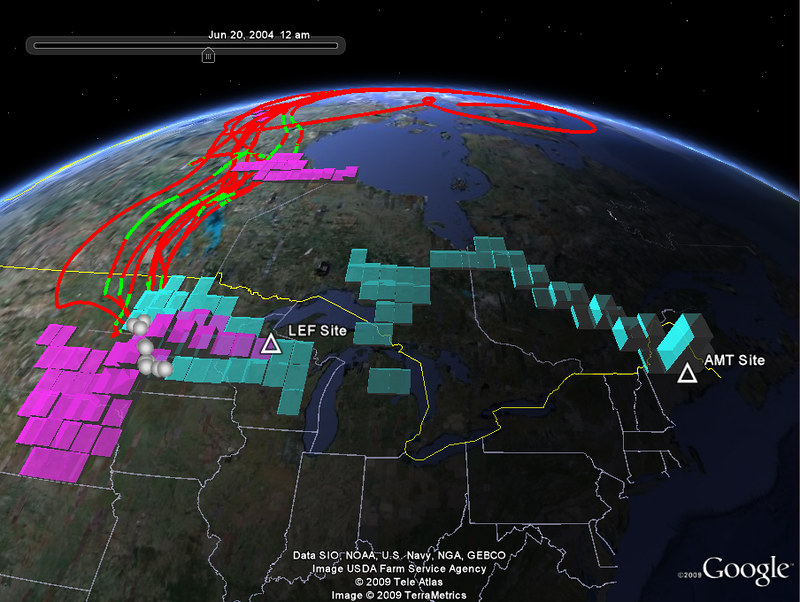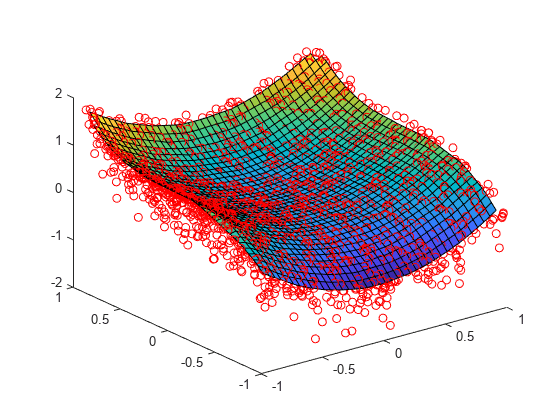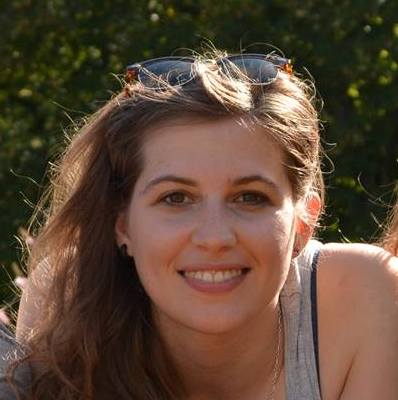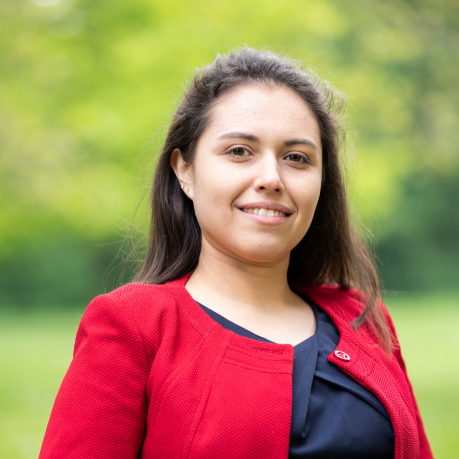Representation Learning in Earth System Science
"AtmoRep uses large-scale representation learning from artificial intelligence to determine a general description of the highly complex, stochastic dynamics of the atmosphere."
The atmosphere affects humans in a multitude of ways, from loss of life due to adverse weather effects to long-term social and economic impacts on societies. Computer simulations of atmospheric dynamics are, therefore, of great importance for the well-being of our and future generations. Here, we propose AtmoRep, a novel, task-independent stochastic computer model of atmospheric dynamics that can provide skillful results for a wide range of applications. This is enabled by a novel self-supervised learning objective and a unique ensemble that samples from the stochastic model with a variability informed by the one in the historical record. Our work establishes that large-scale neural networks can provide skillful, task-independent models of atmospheric dynamics. With this, they provide a novel means to make the large record of atmospheric observations accessible for applications and for scientific inquiry, complementing existing simulations based on first principles.
